Speaking About Treatment: Ways We Find Out What Works
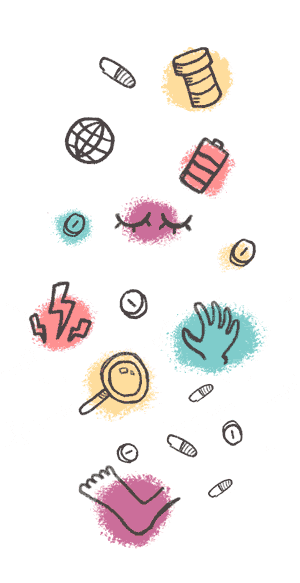
At times, finding a treatment that works can feel like a second job. And when you are dealing with severe fatigue, joint pain, stiffness, and flares, it can be a lot to shoulder. The process of finding available treatment options has changed tremendously over the years. There are many different ways to start the journey and get to the same end result: finding a treatment that works.
So, exactly how do you go about finding that option? Here is how members of our RA Facebook community responded.

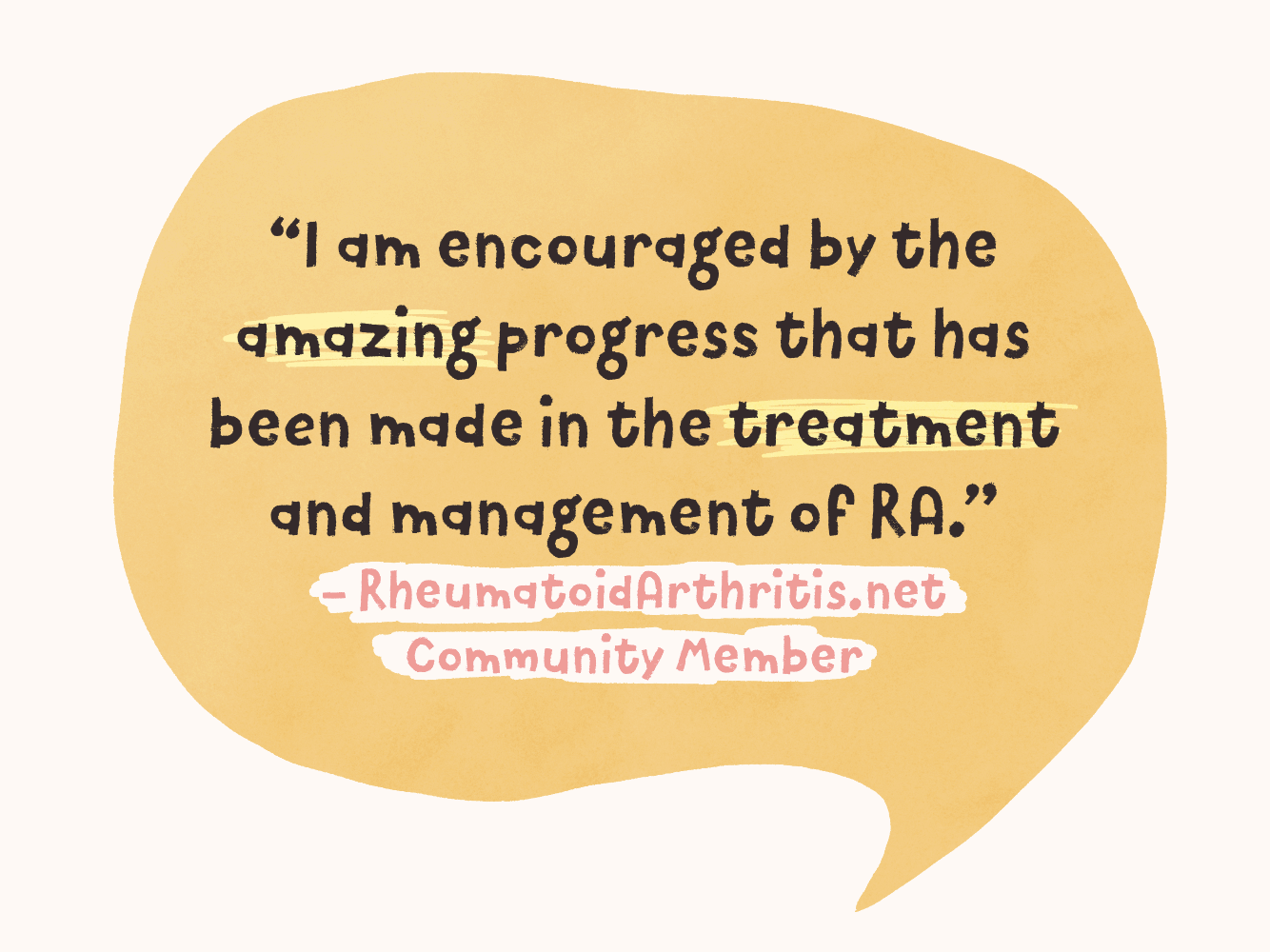

One-on-One with Healthcare Providers
Not surprisingly, those with RA often turn to their healthcare provider to recommend treatment options. Since many of them have an ongoing relationship with their provider, this is one place to start.
There is one important caveat compared to decades ago. And that is the rise of self-advocacy. Now, more than ever, those with RA are feeling empowered to take a more active role in their treatment plan. And that is so needed right now. According to Health Union’s 8th Annual RA In America Survey, only 16 percent of people said their RA is under control. As more and more people share a bigger voice in their care, they can use that voice to ask their healthcare provider about specific treatment options.
Discussing your treatment with your doctor is a two-way street. It is important to talk to your provider about how you are feeling, how your symptoms may be changing, and how you are responding to treatment. These open conversations are the cornerstone of determining if your treatment plan is working and guiding what is next.
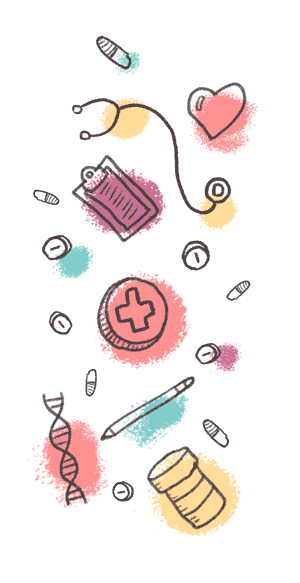
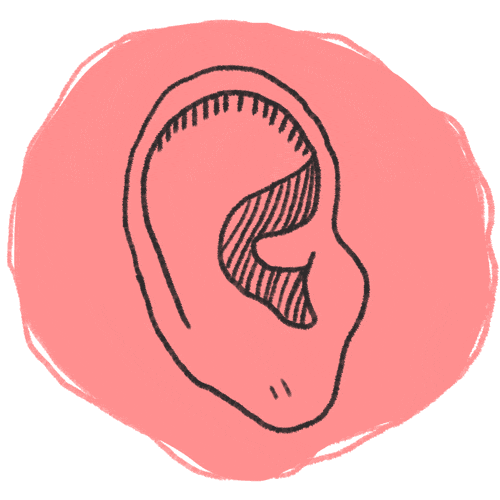
“My rheumatologist takes the time to listen to my thoughts and concerns. He gives me the options and lets me decide on treatment.”
– RheumatoidArthritis.net Community Member
Connecting with Others Living with RA
Sometimes, it feels like no one truly understands how challenging life with RA can be. Friends, family, coworkers – no matter how hard they try, they do not fully get it.
And we are not just talking about the debilitating pain and fatigue. RA’s reach cuts much deeper than this. It is also about not being able to do the things you love. Missing out on time with the family. Worrying what life will look like years down the road. The weight of it all is so heavy.
Having a support system to lean on is a huge help. And who better to know what it is like to deal with RA than people who are living with RA themselves?
Connecting with others living with RA gives you a glimpse into their treatment journey, and may offer a fresh perspective into your own treatment plan. Should you look into biologics? How about JAK inhibitors? Are there other options out there that merit consideration?
And with online communities, like RheumatoidArthritis.net, our circles are wider than ever. Compared to the past landscape, we can now “meet” people living with RA from across the globe. And that means we can share and support like never before, and hear first-hand about unusual symptoms and treatment experiences of others.


“I’ve made another RA friend. It’s such a relief to talk about symptoms, remedies, and doctors with someone else who knows.”
– RheumatoidArthritis.net Community Member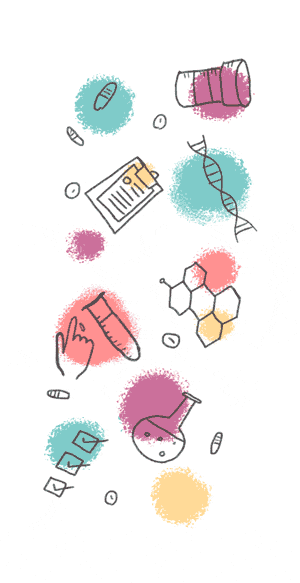
Early Access with Clinical Trials
Let’s face it: there is fatigue. And then there is RA fatigue.
We are talking head-to-toe exhaustion. The kind of exhaustion that leaves you feeling completely depleted. Foggy in the head. A heaviness with every step. And it does not go away – no matter how much you sleep.
One of the frustrating aspects of treating RA? The treatment merry-go-round – cycling through a variety of regimens to find one that is right for you. Even more frustrating is when your current treatment stops working like it used to.
That is why there is an ongoing need for developing innovative RA therapies that are safe and effective. And that is also why some people living with RA choose to participate in clinical trials.
By participating in clinical trials, you can gain access to new treatments before they are more widely available. Not only can you take an active role in your care, but you can also help advance the frontier of RA knowledge.
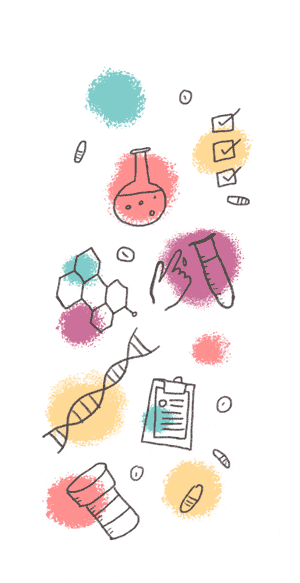

“I was in a clinical trial. As it turns out that early intervention with a biologic saved me from any joint erosion.”
– RheumatoidArthritis.net Community Member
Finding Support Through Connection
Figuring out the right treatment is not always easy. But finding – and creating – meaningful connections may help. Communicating openly with healthcare providers, speaking with others living with RA, and participating in clinical trials can help guide you on this path.
